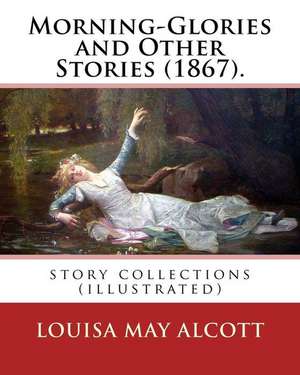Morning-Glories and Other Stories (1867). by
Autor Louisa May Alcotten Limba Engleză Paperback
Preț: 55.45 lei
Nou
Puncte Express: 83
Preț estimativ în valută:
10.61€ • 11.06$ • 8.82£
10.61€ • 11.06$ • 8.82£
Carte disponibilă
Livrare economică 28 februarie-14 martie
Preluare comenzi: 021 569.72.76
Specificații
ISBN-13: 9781540830500
ISBN-10: 1540830500
Pagini: 96
Dimensiuni: 203 x 254 x 5 mm
Greutate: 0.21 kg
ISBN-10: 1540830500
Pagini: 96
Dimensiuni: 203 x 254 x 5 mm
Greutate: 0.21 kg
